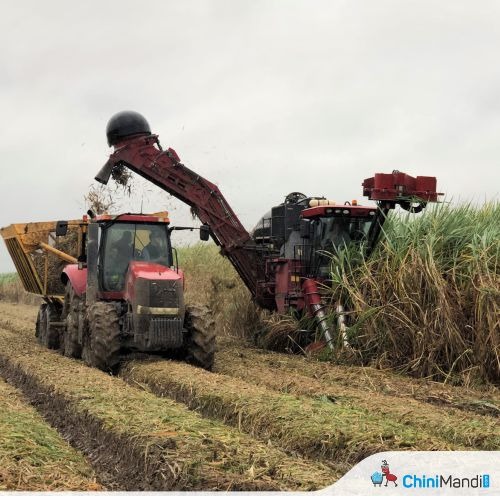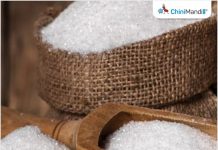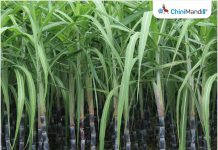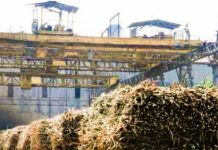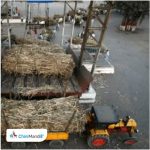The South African sugar industry is under mounting pressure due to a surge in cheap foreign sugar imports, prompting fresh warnings from SA Canegrowers about the impact on local growers and rural communities, reports IOL.
Higgins Mdluli, chairperson of SA Canegrowers, raised concerns last week that sugar is entering the South African market at prices lower than both the cost of production and the global sugar price. He attributed this to aggressive dumping by some countries and heavy subsidies from foreign governments to their sugar industries.
“For every ton of imported sugar, local sugarcane growers are losing R6,000 in income,” Mdluli said. “It’s not just profits that are affected—jobs across the sector are at risk.”
The industry is already grappling with numerous challenges, including erratic weather, the implementation of the sugar tax, and the closure of some mills. These pressures are especially severe in rural areas of KwaZulu-Natal and Mpumalanga, where both large and small-scale growers play a key role in sustaining local economies.
“Rural communities rely heavily on agriculture for jobs and income. The threat from cheap imports adds to the strain and makes it difficult for local farmers to survive,” Mdluli explained.
He stressed the urgent need for greater protection against unfair trade practices. “Local canegrowers need stronger safeguards to prevent the flood of cheap, subsidised sugar into our market.”
Mdluli also highlighted that the South African sugar industry is capable of meeting the full demand of the Southern African Development Community (SADC) region, with additional capacity for exports priced according to global market rates.
Calling for collective support, he said: “We urge government, industry stakeholders, commercial buyers, and consumers to stand with South African sugarcane growers. Our growers are vital to building an inclusive and resilient agricultural economy, but we must be allowed to compete fairly.”
Looking ahead, Mdluli said the industry was eager to work collaboratively through the updated Sugarcane Value Chain Master Plan 2030 to secure the long-term future of the sector.

